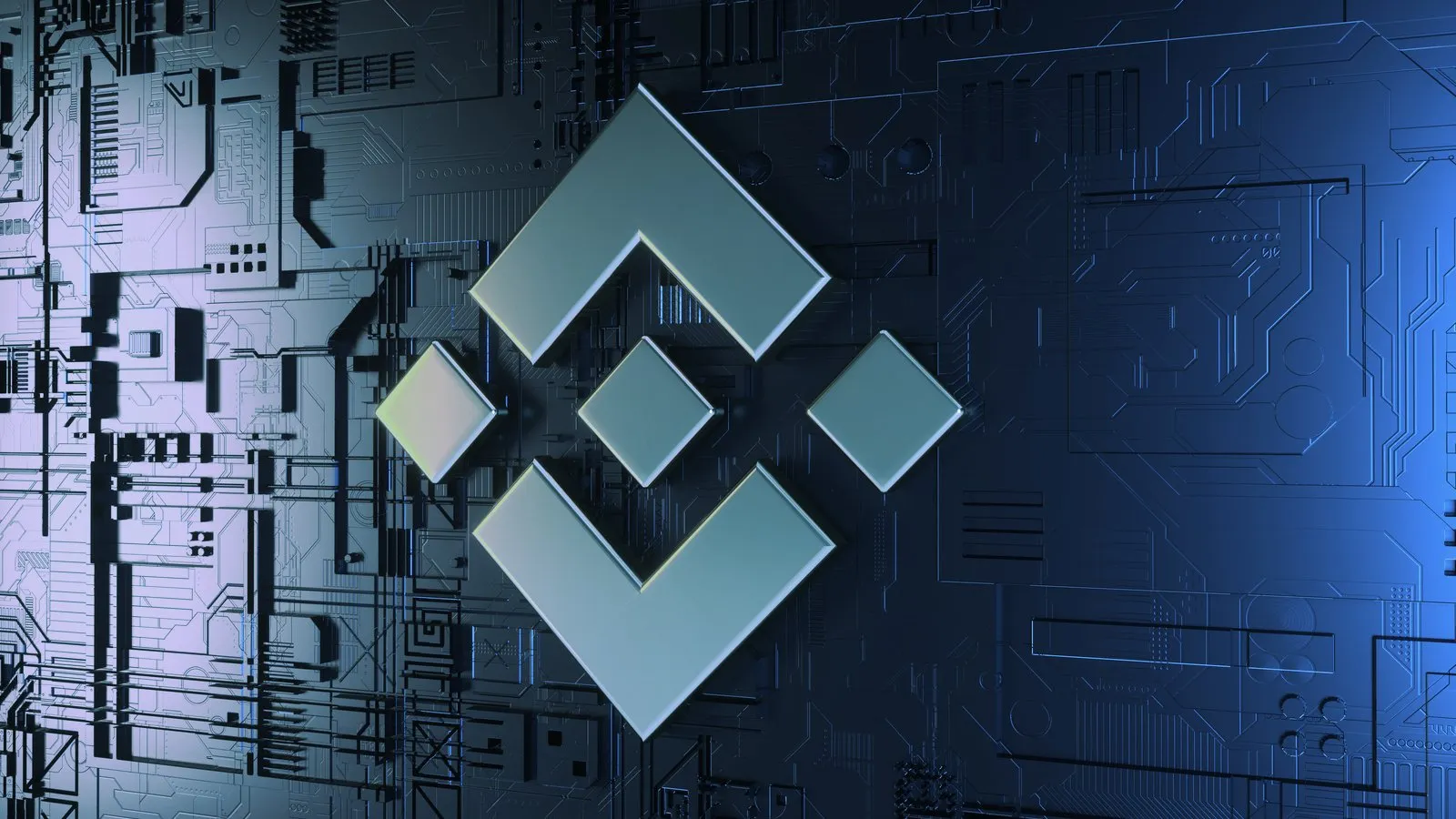A class-action lawsuit was filed today against Binance.US, alleging that the cryptocurrency exchange misled consumers about the safety of Terra’s stablecoin UST, and native token LUNA.
The suit also claims Binance violated federal law both by selling UST and LUNA, cryptocurrencies that the plaintiffs claim are securities that should have been registered with the SEC, and by operating as an unregistered securities exchange.
Filed this morning in the U.S. District Court for the District of Northern California, the class action marks the first major attempt to utilize the American court system to rectify the damage caused by the spectacular collapse of UST and LUNA early last month, which wiped out some $40 billion in value.
The plaintiffs cites Binance advertisements that, in the months preceding UST’s crash, touted the stablecoin as “safe” and “fiat-backed,” claims which the plaintiff’s attorneys argue are demonstrably false.
$BUSD is one of the only fully regulated, licensed, and fiat-backed stablecoins available.
Unlock the full #Binance ecosystem and secure some peace of mind with one of the market’s most secure stablecoins 👇https://t.co/fNfBtUBp1p
— Binance (@binance) May 16, 2022
UST is an algorithmic stablecoin that, unlike other stablecoins backed by real-world assets, relied solely on an algorithmic relationship with Terra’s native token, LUNA, for stability.
As designed, a mechanism was created to always permit the exchange of 1 UST for 1 LUNA should UST falter from its peg to the value of the U.S. dollar. This setup was meant to incentivize speculators to close any value gap between UST and the dollar.
The mechanism worked until last month, when UST’s sudden de-pegging brought LUNA down with it, collapsing both tokens’ value and wiping out thousands of investors, including the as-of-yet undisclosed number of plaintiffs party to today’s suit.
Keep your crypto as safe as possible on #Binance ⬇️https://t.co/kZmVQnBrrN
— Binance (@binance) February 13, 2021
According to the suit, Binance’s failure to disclose UST and LUNA’s risks to potential investors was not incidental, but intentional and fundamental to Binance’s long-term strategy.
“Binance U.S.’s business model is premised on illegally enabling the sales of unregistered securities to as many U.S. investors as possible, as often as possible,” reads the complaint.
Decrypt reached out Binance.US for comment, but did not hear back by time of writing.
The question of which cryptocurrencies the U.S. government considers to be securities is still an open one.
Last week, a bipartisan Senate bill proposed ending the SEC’s oversight over the top 200 most valuable cryptocurrencies, and transferring that jurisdiction to the federal government’s commodities watchdog, the Commodities Future Trading Commision (CFTC). That same bill would also prohibit the sale of stablecoins lacking a 100% cash reserve, like UST.
Who’s next?
Last week, a report revealed that the SEC is currently investigating whether Terra violated federal investor-protection regulations in creating UST and overseeing its collapse. South Korean prosecutors are investigating Terra's beleaguered co-founder, Do Kwon, for any potential misconduct regarding UST and LUNA’s crash. Although he was recently ordered to cooperate with an SEC investigation, no major lawsuit has yet been filed in the United States against Terra or Do Kwon,
That soon may change.
A lawyer familiar with the matter told Decrypt that the attorneys behind today’s suit went after Binance.US first because suing the centralized exchange posed the best immediate opportunity to recoup as much money as possible for investors wiped out by Terra’s crash.
According to the same source, the firms representing the plaintiffs in the Binance suit—New York-based Roche Freedman and Dontzin Nagy & Fleissig—plan to bring a similar lawsuit against Terra, and to enter arbitration with other centralized exchanges that sold UST and LUNA, including Coinbase.
Tibor Nagy, one of the attorneys representing the plaintiffs in today’s suit, believes centralized exchanges such as Binance and Coinbase played a critical role in spreading the damage of Terra’s demise to average consumers.
“Thousands of retail investors lost huge portions of their life savings because centralized exchanges like Binance chose to profit from sales of unregistered securities like UST,” Nagy told Decrypt. “These exchanges will have to answer for what they’ve done.”

